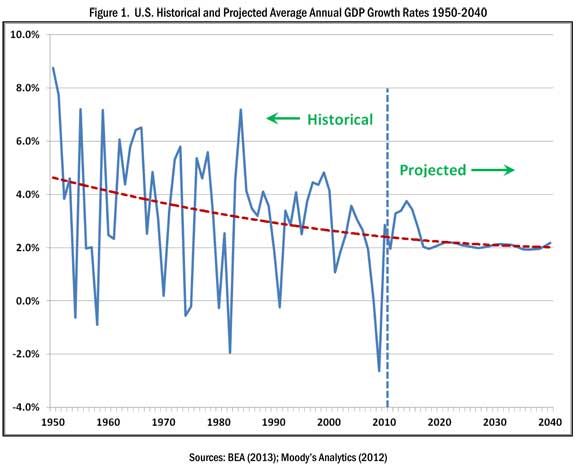If we want to understand how to wring more efficiency out of our energy usage, we need to redefine energy use in the first place, argues a new study from the American Council for an Energy-Efficient Economy.
Instead of thinking about energy overall, it is better to think about high-quality energy, or exergy, according to Skip Laitner, a visiting fellow at ACEEE.
“What most people call energy, for example, is what physicists and engineers are more likely to call exergy, or high-quality energy that is available to do work,” he explains in a blog post. “Energy that is either wasted or useless -- in effect, energy that has no capacity to perform work such as the heat in the atmosphere -- is referred to as anergy.” Add up anergy and exergy and you get total energy. Capture that waste heat, however, and it becomes something useful.
Laitner found that just tracking energy commodities, for instance, accounted for only 80 percent of the exergy necessary to power the U.S. economy in 2010. By measuring and cutting the waste that it takes to complete a task, he argues, there will be greater opportunity for more useful work which can then in turn increase economic activity.
Useful work is divided into three categories: muscle work, mechanical and electrical power, and heat that is delivered to the point of actual use (in homes or businesses).
Using those definitions, Laitner found that exergy efficiency has slowed considerably in recent decades, from a 1.4 percent improvement per year from 1950 to 1980, to a 0.4 percent per year growth from 1980 to 2010. The smaller rate of improvement, Laitner argues, weakens the nation’s larger economic productivity. But, if the opposite were to happen -- if the rate of exergy efficiency increased -- the total exergy needed to power the economy could decline even as work continues to grow.
So why bother using a new, somewhat confusing method of assessing efficiency in the economy?
"The reason is that the EIA data tracks only the heating values for commodities we call gallons of oil or gasoline, cubic feet of natural gas, or kilowatt-hours of electricity -- whether for heat and power, or for use as chemical feedstocks as in the production of plastics and petroleum products. Those heating values don’t tell us how much actual work is being done. Because exergy tracks the conversion of high-quality energy into useful work (that is, how much shaft power, delivered lighting, or chemical energy is necessary to transform matter in the goods and services) the Ayres-Warr accounting framework gives us an improved capacity to assess how much productive work is enabled by the use of high-quality energy."
By using the Ayres-Warr approach, Laitner found that not only are rates of converting total energy into useful work stagnant, but that they could constrain economic productivity through 2040.

Laitner acknowledges that energy efficiency, as it is currently defined, is a good way to manage the growth of energy consumption and is a cost-effective means to transition to a lower-carbon economy. But he contends that “energy efficiency -- especially when understood as exergy efficiency -- plays a more critical role within the economic process than is generally understood.”
Essentially, Laitner wants everyone to think bigger. He advocates for a shift from focusing on energy supply to energy productivity, as defined by exergy efficiency improvements. Of course, that would require exergy accounting, which agencies like the U.S. Energy Information Administration currently don’t do. Laitner suggests a national workshop or conference to explore these issues further.
But as for the smarter policy he calls for, which would enable more accurate pricing of exergy efficiency, it will be an uphill battle, to say the least. Energy efficiency, even if it is an imperfect measure, is still a tough sell for homes and businesses despite its obvious benefits in terms of cost and societal value. It is unclear if changing the methodology would dissipate the inertia around energy efficiency, or if it would inspire policymakers to move faster to enable it -- just look at how long Shaheen-Portman has been hanging around.
But Laitner certainly gives economists and energy analysts something to think about. “If we want to develop a resilient and more sustainable economy over the long-term,” he concludes, “then we must agree that energy efficiency -- more properly, exergy efficiency -- matters.”



